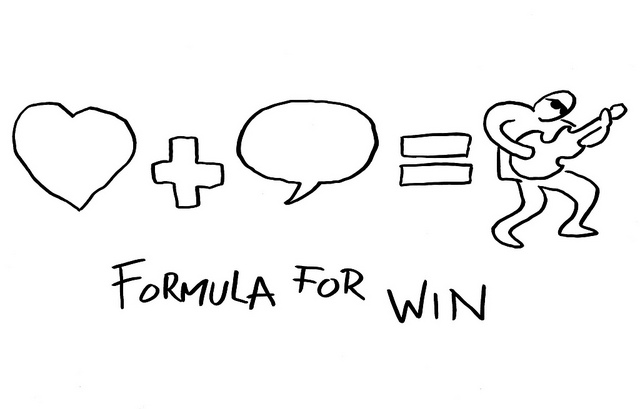 Typical management advice suggests expressing gratitude in order to uplift your team.
Typical management advice suggests expressing gratitude in order to uplift your team.
Yet one of the most powerful effects of gratitude is that it makes the person giving gratitude — not the person receiving it — happier. In a Gallup poll, 95% of people said that expressing gratitude made them feel happy and 50% of them said that expressing gratitude made them feel extremely happy.
For managers, that unexpected fact turns the importance of gratitude on its head. When you express your gratitude, that will make your own manager happiness go up — which can set the tone for all of your managerial activities.
Unearthing Gratitude at Work
It’s an incredibly demotivating fact that the workplace is the worst place to find gratitude, given that we spend over half our waking hours at work.
According to a 2012 survey by the John Templeton Foundation, 60% of people reported that they never expressed gratitude at work, and if anything did so “perhaps once a year.” Despite this lack of thanks in the workplace, people still understand that gratitude has the power to improve happiness, with 88% of them reporting that expressing gratitude to colleagues “makes me feel happier and more fulfilled.”
The upshot is that we’re missing out on one of the most important ways to improve our own manager happiness, and this is something that LinkedIn CEO Jeff Weiner noticed in his executive meetings. He did one simple thing to harness the power of gratitude, and it transformed the character of his meetings away from the unproductive, round robin of complaints that they’d become.
Gratitude Has the Highest ROI for Manager Happiness
Conventional business wisdom recommends that meetings be kept as short and focused as possible, Weiner starts off his meetings by steering away from hard data and metrics. He found that the normal way of getting down to business in meetings quickly devolved into complaints and arguments anyhow.
Instead, Weiner requires every person in the room to go around and share something that’s squishy and emotional, not what you’d expect in a rigorous, high-performing tech startup. He asks each of his direct reports to share their week’s “wins,” including “one personal victory and one professional achievement.”
By beginning his meetings with wins, Weiner was able to implement a fascinating insight on the value of gratitude: making people think in this frame of accomplishments and appreciation established a tone of positivity for the meeting and for the company. That set the team up to delve into metrics and discuss them in a productive way instead of one submerged in what was going wrong.
That’s why, according to Weiner, gratitude is the “highest ROI management tool I know . . . that is available to everyone, costs essentially nothing, and is a proven driver of workplace productivity.” Expressing gratitude made Weiner’s executive team into better managers, because it made them happier, more positive about what they could accomplish.
* * * * *
One of the hardest things about being a startup founder, CEO, and a manager, is managing your own psychology. That’s why it’s absolutely essential to avoiding the psychological trough of sorrow that you focus on what you’re grateful for, not dwell on your failures.
Image: fake grimlock
